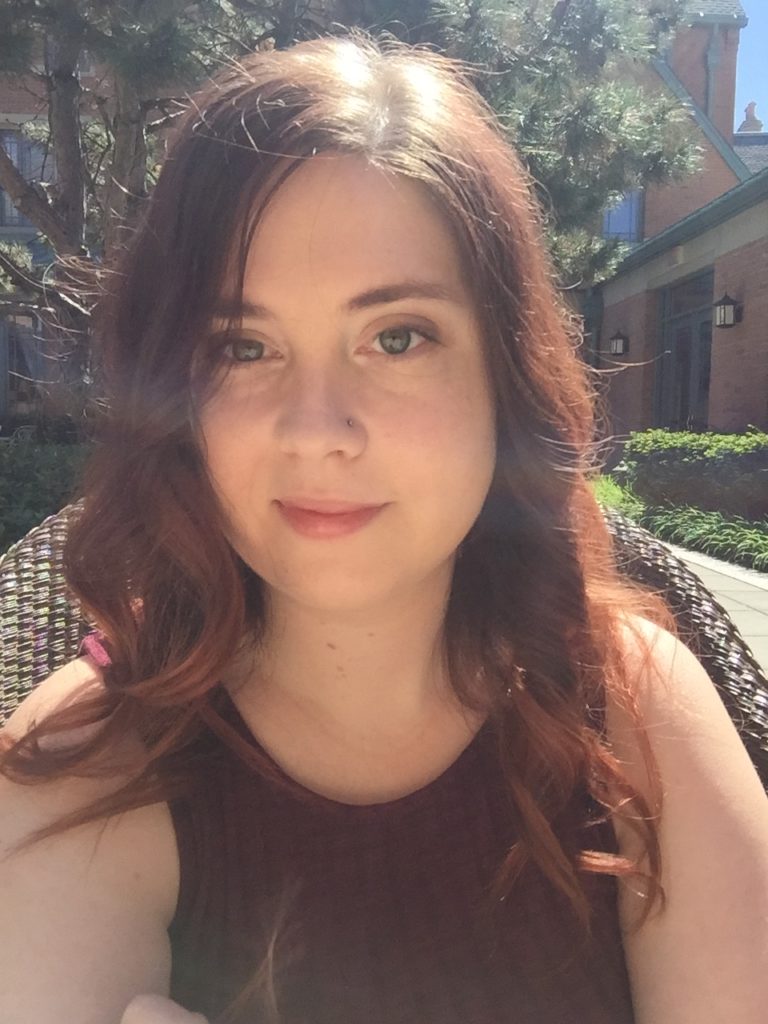Chicago, Illinois

I’m grateful to have public transportation. I grew up in a town in North Carolina in a town that only had one public bus, but it was very important for me growing up, so living in a place with transit is important to me.
When I was thinking of moving to a new city, one of the factors I took into consideration was, “Does this place have a good public transit system?” This necessity was what narrowed down my options. I considered moving to Portland because I have family there and my degree is in sustainable development, but the transit system there would not meet my needs. That’s why I moved to Chicago. I believed the transportation system that exists here would work for me.
I sold my car when I first moved to Chicago, before having the job that I currently do. At my previous job, I worked in the city and got around fine using transit. Then I got my current job as an Executive Director of a therapeutic equine center for families with disabilities. To get to my job, I have to commute out from the main city of Chicago and into the suburbs. Although a car would be the easiest transportation option, I do my best to take public transportation as often as I can. However, this becomes a difficult task because of the lack of reliable transit that reaches my job.
When I commute to work, I can get within a mile and a half of my office in the suburban area using the Metra. But from the station, I have to call an Uber, ask a coworker to pick me up or walk the rest of the way. On top of that, my job requires me to visit places and move throughout the suburbs, but transit doesn’t allow me to do that. It’s not like I’m going far, this is a suburb of Chicago. It would make sense that there should be some sort of public transportation there, but there is no local transportation once I get there. I am not opposed to walking, but it is not a walkable area either. I soon had to purchase a car just because the transportation wasn’t adequate for me to be able to do my job well, and I ended up having to drive.
I would love to be able to take public transportation way more often than I do. Unfortunately, it doesn’t work all that well. When I take transit, I have to give myself plenty of lead time to make it to work. I set up my phone to get alerts from the Chicago Transit Authority’s Twitter to prepare for when there are delays, but it happens so often that it became something I was constantly worried about whenever I commuted using transit versus driving my car. It becomes hard to know for sure when the next train will come.
I want to emphasize that I’m not traveling into the city, I do the reverse commute. I live in the city of Chicago and I go out to the suburbs to work, which a lot of people do here in Chicago. A lot of the headquarters of the big brands and corporations are not in the city, they’re in the suburbs. So, this is a common problem for a lot of people who live in Chicago. They have to take into consideration that they live in the city for all of the great amenities that are here. Then, they have to sort out how to get to work to be able to continue living in the city.
Upon first moving to Chicago, I was so excited to be able to sell my car and take public transportation. In reality, I can’t depend on public transportation for every aspect of my daily life. The system can be better, and I hope that one day I’ll be able to sell my car again and take transit everywhere I go.
